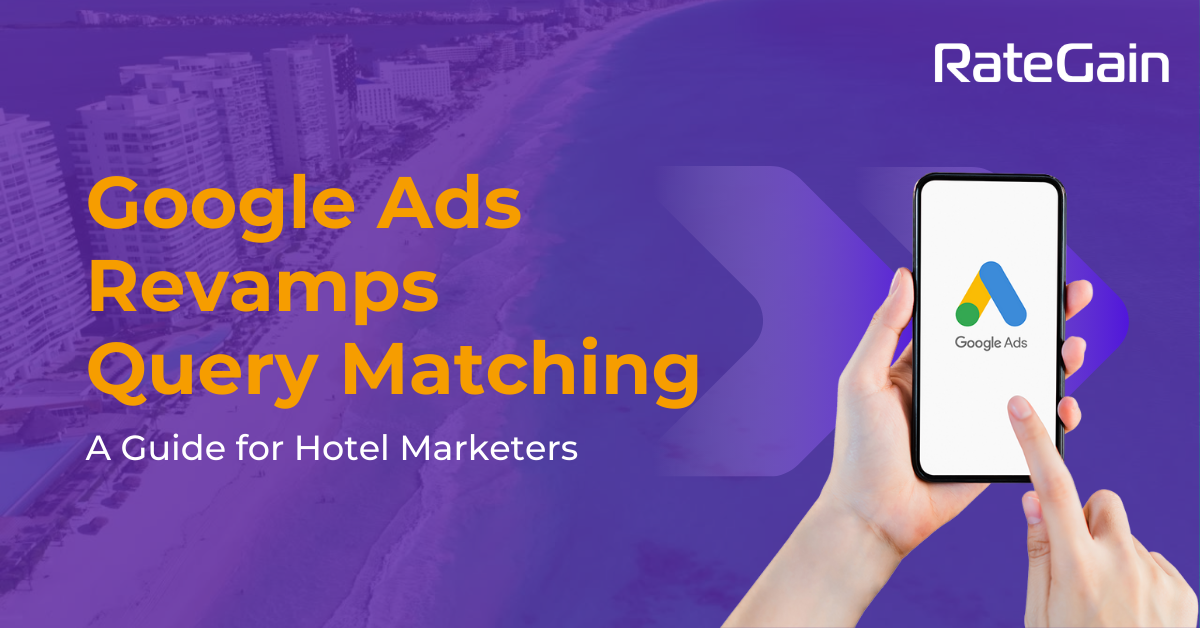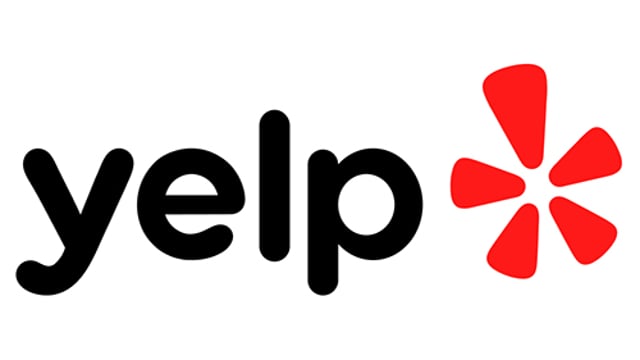
July 1, 2024
Blog
Google Ads, the ever-evolving platform for digital marketers, has recently rolled out significant changes to its query matching functionality. If you’re in the hotel marketing sphere, these updates could have a direct impact on how you manage your campaigns. Here’s a detailed look at what’s new and why it matters for you:
What’s Changing?
Google Ads is shifting towards a more automated approach in matching user queries with ads. Traditionally, exact match keywords meant your ad would only show for queries identical or closely related to your chosen keywords. With this update, Google now interprets keywords more flexibly, aiming to match your ads with queries it deems relevant based on user intent, even if the exact keywords aren’t present.
[embedded content]Why Should Hoteliers Care?
For those managing hotel digital marketing campaigns, these changes bring both challenges and opportunities:
-
Search Term Reporting
Old Approach: Previously, exact match keywords limited your visibility to only those searches explicitly matching your keywords.
New Approach: With Google’s updated query matching, your ads can now appear for search terms that may not precisely match your chosen keywords but are relevant to your hotel offerings. This change enhances visibility and potentially increases qualified traffic to your website.
Why It Matters: By leveraging comprehensive search term reports, hoteliers can gain deeper insights into the actual queries triggering their ads. This data empowers better optimization strategies, allowing for adjustments in keyword targeting and bid management to maximize ROI.
-
Negative Keyword Functionality
Old Approach: Negative keywords were crucial for excluding irrelevant searches and conserving ad spend.
New Approach: The expanded query matching means negative keywords now play an even more critical role. Hotel marketers must carefully monitor and update their negative keyword lists to exclude irrelevant queries effectively.
Why It Matters: Proper management of negative keywords ensures ads appear only for relevant searches, reducing wasted ad spend and improving overall campaign efficiency. Hoteliers can maintain control over ad placement and ensure their budget is allocated to the most valuable traffic.
-
Brand Inclusions For Broad Match
Old Approach: Broad match keywords sometimes included searches that weren’t directly related to the hotel’s brand.
New Approach: Google’s updates include better brand protection mechanisms within broad match criteria. This means ads are more likely to appear in searches specifically looking for your hotel or related brand terms, even if the exact keywords aren’t explicitly included.
Why It Matters: Hoteliers can now capture more targeted traffic searching specifically for their brand, enhancing brand visibility and potentially driving more direct bookings. It’s an opportunity to strengthen brand presence within broader search contexts while maintaining relevance.
-
Brand Exclusions Expansion
Old Approach: Brand exclusion options were limited, sometimes leading to ads appearing in searches not aligned with the hotel’s brand values.
New Approach: The expanded brand exclusion capabilities allow hotel marketers to specify more precisely where they do not want their ads to appear. This includes excluding specific search terms or categories that may not align with the hotel’s brand identity or target audience.
Why It Matters: By refining brand exclusions, hoteliers can enhance brand safety and ensure their ads are displayed in contexts that align with their brand values. This level of control helps maintain brand reputation and enhances the effectiveness of ad campaigns by focusing on relevant audiences.
Conclusion
As Google continues to refine its ad matching algorithms, staying informed and proactive is essential for hotel marketers. Embrace these changes as opportunities to refine your targeting, increase visibility, and drive more qualified traffic to your hotel website. By aligning your strategies with Google’s evolving platform, you can stay ahead in the competitive landscape of digital advertising.
Keep these insights in mind as you navigate the updated Google Ads landscape, and remember to adapt your strategies to capitalize on these changes effectively.










